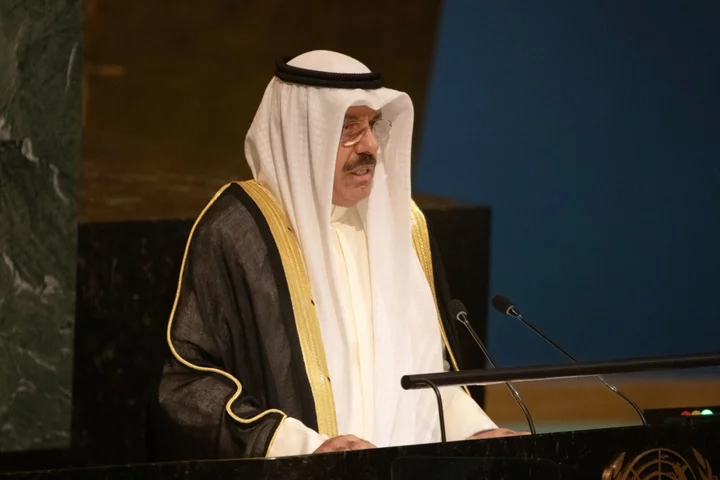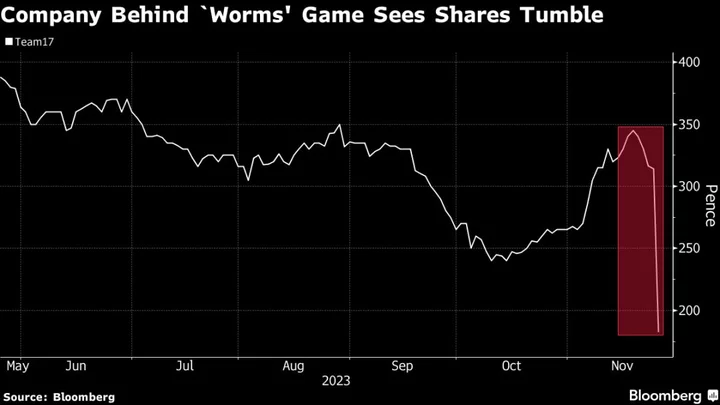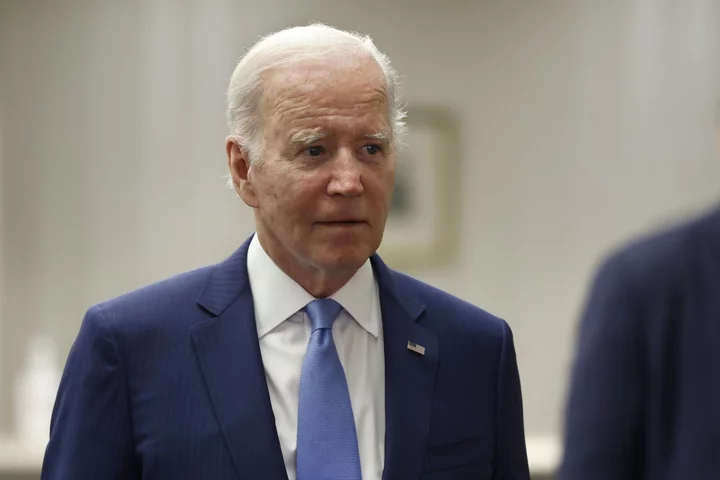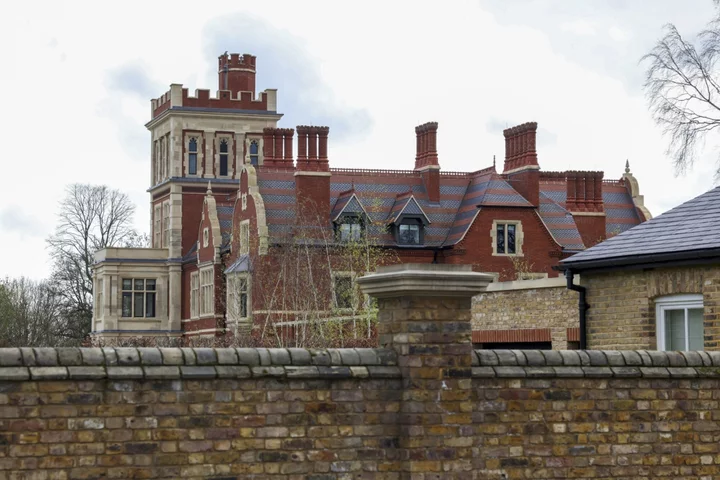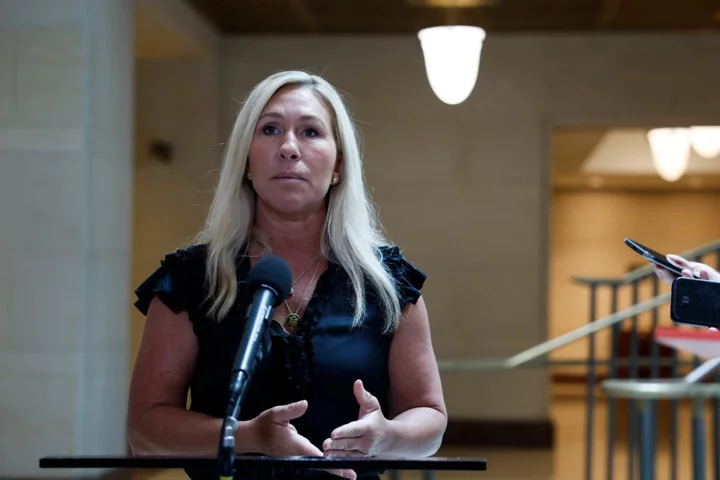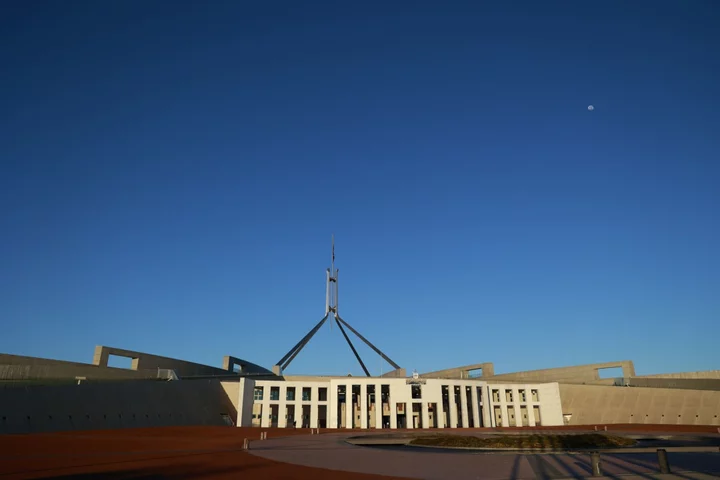Kuwait formed its fifth government in less than a year, naming new oil and defense ministers, as the OPEC member tries to break out of a protracted political impasse that has stalled fiscal reform and development.
Prime Minister Sheikh Ahmad Nawaf Al-Sabah, the eldest son of Kuwait’s ailing ruler, heads the line-up, which includes Saad Al-Barrak as the country’s eighth oil minister in as many years. Al-Barrak, a former chief executive of Zain known for turning the Kuwaiti telecoms company into a global giant, has in the past been critical of government bureaucracy. He was also named state minister for economic and investment affairs.
Manaf Al-Hajeri, the fifth finance minister since 2020, was reappointed and heads up Kuwait Investment Authority, which manages the country’s sovereign wealth fund that’s valued at more than $700 billion.
Sheikh Ahmad Al-Fahad Al-Sabah, a leading member of the ruling family, was named defense minister, filling a post that’s been vacant for about nine months.
Read more: Kuwait’s Election Makeover Promises Reset After Years of Feuding
A former president of the Olympic Council of Asia and a former minister, Sheikh Ahmad was sidelined by senior ruling family members more than 10 years ago following a dispute and remained out of the cabinet until now. He had been among senior Al-Sabahs who have jostled for power in the oil-rich Gulf nation, and his return marks a change in alliances in both the family and Kuwaiti politics.
The frequent turn-over in cabinets has given successive ministers little opportunity to push through reform and bring stability, with the cycle of disruption delaying economic diversification and deterring foreign investment. It has also fueled Kuwaiti sentiment that their country is lacking direction.
“The ‘new’ government is not so new, it follows the same old manual,” said Bader Al-Saif, assistant professor of history at Kuwait University. “But it’s the PM’s boldest government so far.”
The latest cabinet has the highest number of ruling family ministers in years, and highest number of deputy prime ministers ever, as well as the comeback of an ambitious ruling family member even when his legal battles abroad are allegedly not over, Saif said.
The country earlier this month held parliamentary elections for the third time in less than three years. Opposition lawmakers with ties to the prime minister now dominate the new National Assembly. This could help pave the way for smoother relations between the government, whose members are appointed by the ruling family, and elected legislators.
(Adds analyst and context in 7th and 8th paragraphs.)

